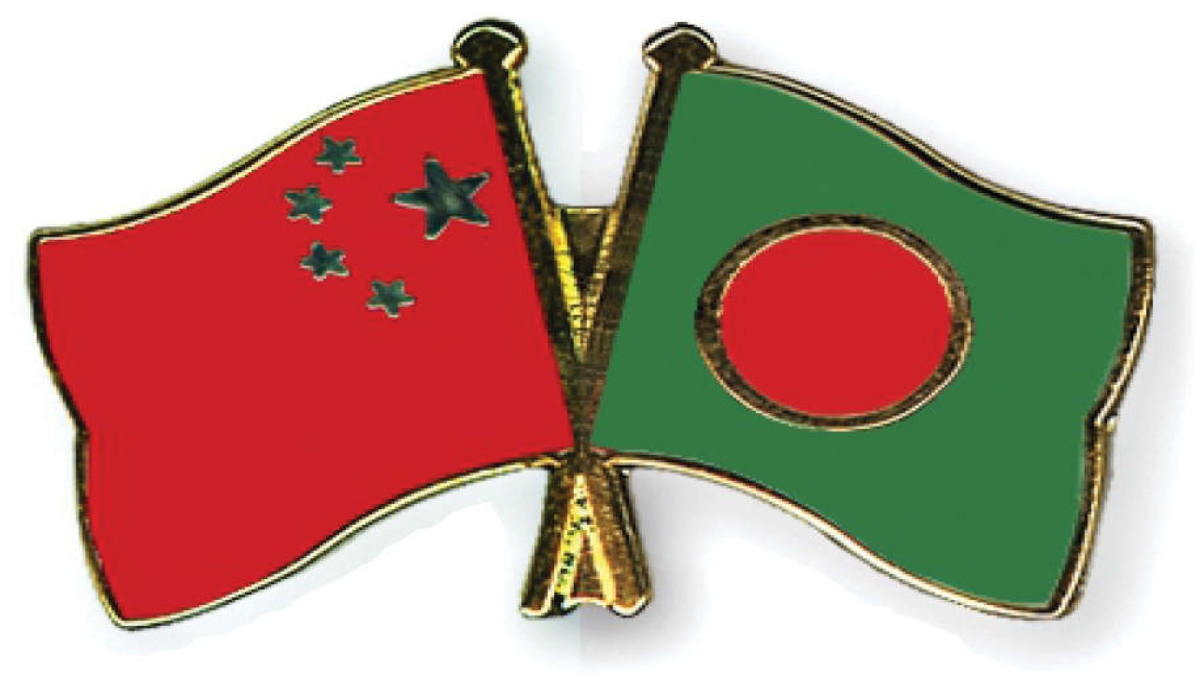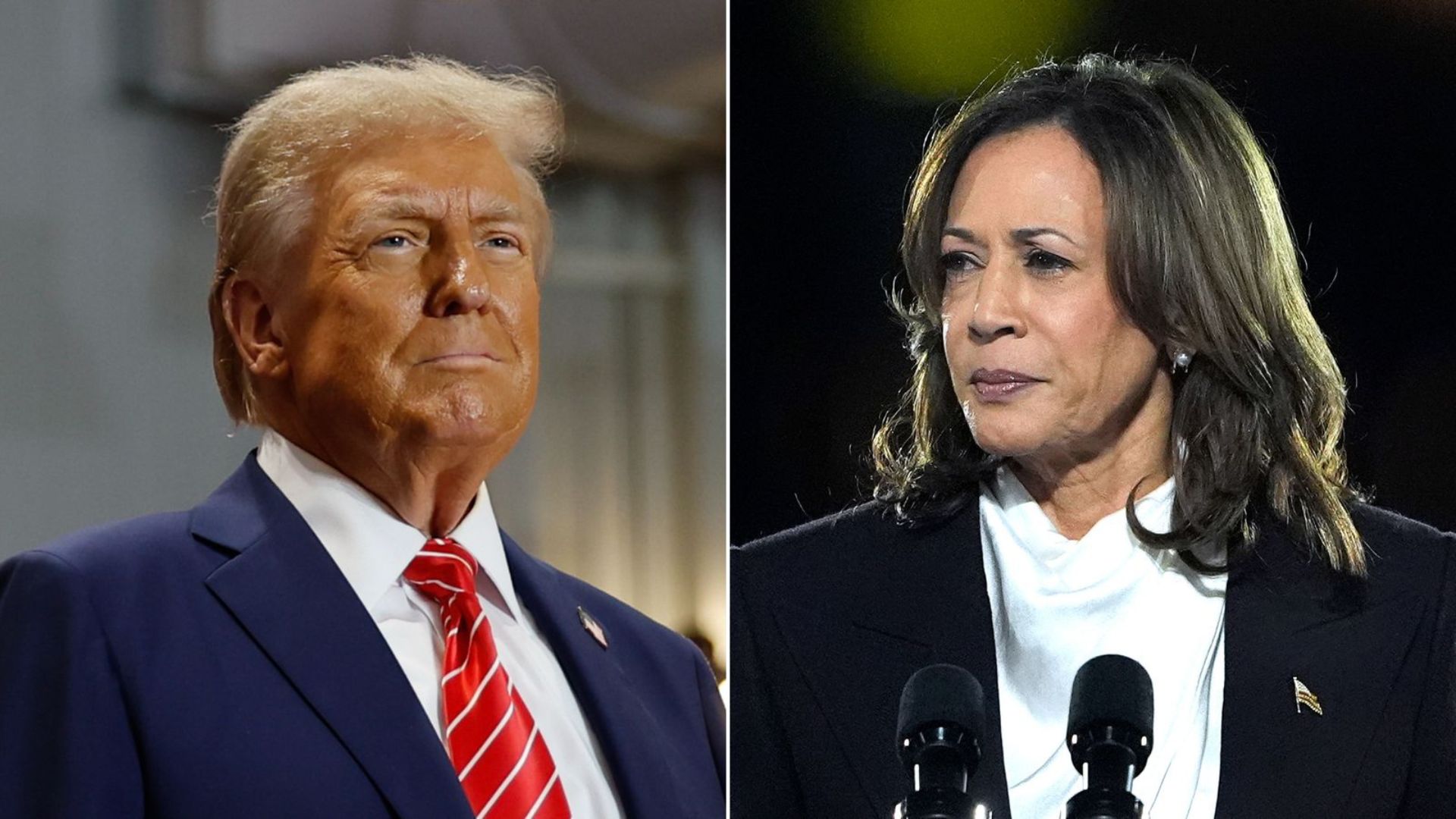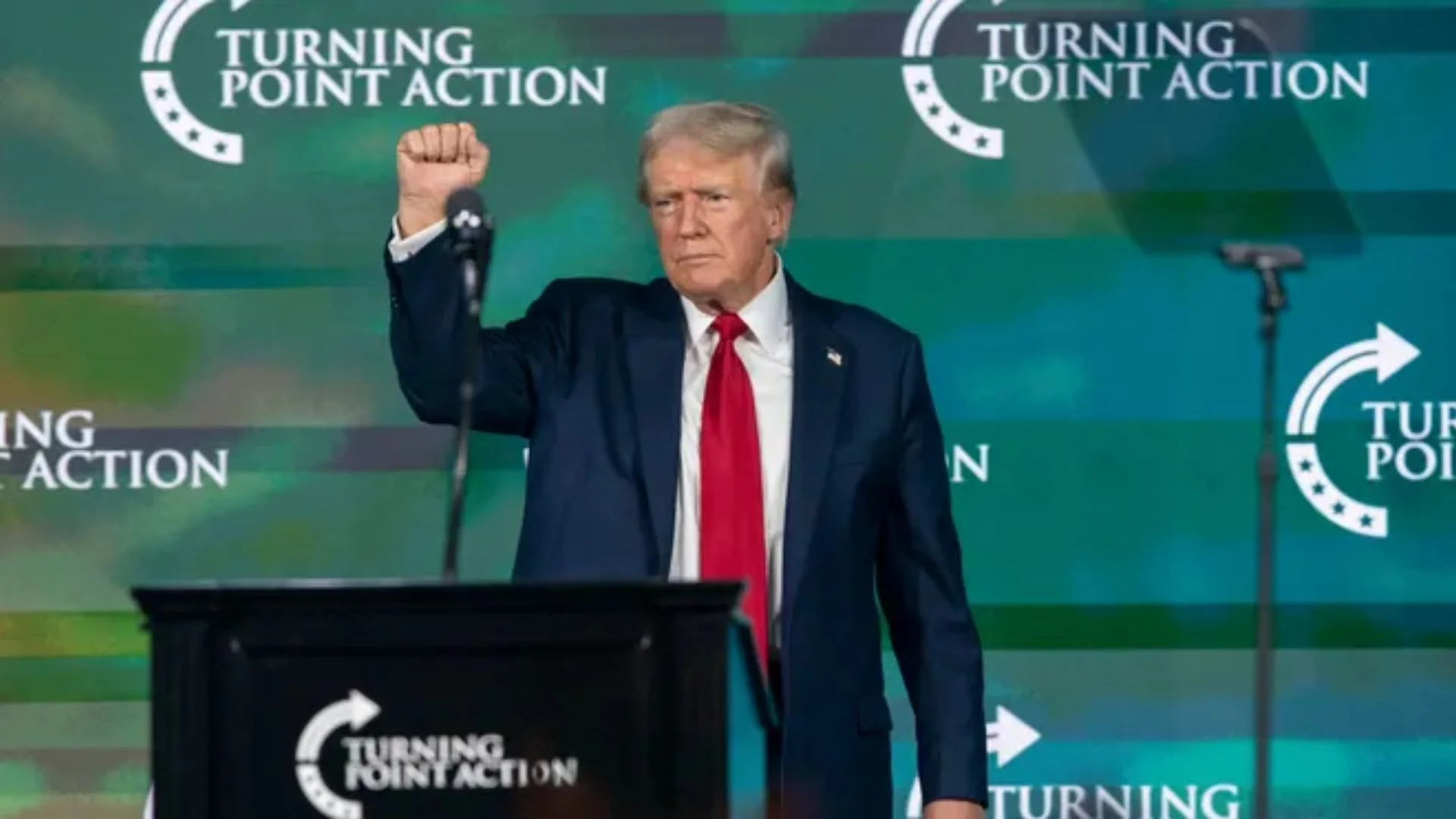
The remarks made by the Chinese Ambassador to Dhaka, Li Jimming, that Bangladesh’s participation in the Quad in any way would worsen the Dhaka-Beijing relationship have caused a limited diplomatic stir at home and abroad.
Within just 48 hours, Dhaka, Washington and Beijing reacted to the remarks. Although there was no official response from Delhi, a counterpart from Beijing’s foreign ministry responded to an Indian journalist’s question. Simply put, everyone is a little shaken by the words of the Chinese Ambassador.
On the other hand, the virtual meeting of the Chinese Foreign Minister with the foreign ministers of other South Asian countries, including Bangladesh and excluding India, in the name of tackling Covid, clearly carries a hint of new politics.
It is true that the Chinese Ambassador gave an explanation in an attempt to lighten the tone of the warning, but the newspaper, which represents the Chinese Communist Party’s foreign policy, did not take the issue lightly at all. Chinese Foreign Ministry spokesman Lee Hsien Loong has tried to justify his remarks. And in an allusive response to the accusation of trying to influence Bangladesh’s internal affairs, said that China never sneers at the internal affairs of any country in South Asia.
The rivalry between India and China in trying to bring Bangladesh under their influence has been widely discussed. The most recent addition to the competition is the US-led informal alliance of India, Australia and Japan, the Quad. Among the strategic steps being taken to consolidate the Quad’s integrated position are military and security cooperation, as well as competition in science, technology and trade. Vaccination policy is also a part of it.
On March 12, the leaders of the four countries agreed in a virtual discussion on all kinds of cooperation in the production of 1 billion doses of the Covid-19 vaccine in India by 2022. Clearly, this call for increasing India’s capacity is a countermeasure to the potential diplomatic and market expansion of the Chinese vaccine.
In addition, the expansion of the Quad is now being discussed loudly. Naturally, China is under increasing pressure and is making every effort to pull and hold its Asian neighbours under its influence. Undoubtedly, the tension between Washington and Beijing has become a very delicate balance for Bangladesh. The position of India, Bangladesh’s closest neighbour, is also particularly important in this conflict. Just as India and China are rivals in establishing regional supremacy in Asia, the United States, as an ally, wants India’s leadership to be united in defending its interests in Asia. As a result, it is only natural that Beijing would view the steps taken by Washington and Delhi with suspicion and anxiety. It is natural that comments like “relations with India are blood ties; relations with China are economic” will only increase their anxiety.
It is well known that Bangladesh has historically depended on China for arms. But in recent years, Bangladesh has become interested in other sources for arms and equipment. Now some military supplies are coming from Western countries, especially the United States and its Western allies. US military supplies are slowly increasing. Mine-resistant MRAP military vehicles have been procured for UN Peacekeeping needs. The UAS drone, an emergency wasp for intelligence activities, has recently arrived. Proposals to buy Apache helicopters and missiles are also under discussion.
Nikkei Asia in a report on September 22, explained why the United States has initiated military cooperation with Bangladesh. The report, titled “US Uses Defense Diplomacy to Woo Bangladesh Away from China”, said that with China’s growing economic influence, the United States has recently stepped up its efforts to attract Bangladesh as one of the “emerging” allies in South Asia. Just ten days before the report was released, the then US Secretary of Defense Mark Asper telephoned Prime Minister Sheikh Hasina. The two leaders discussed a free and open Indo-Pacific region, where the sovereignty of all countries is guaranteed, and bilateral defense priorities, including maritime and regional security, and the modernization of Bangladesh’s military capabilities. However, that call surprised observers for two reasons. First, when the Trump administration was counting down the days to its departure, it was unexpected that they would discuss military cooperation. Second, it was surprising that the Secretary of Defense discussed such proposals directly.
A statement from the Pentagon said that the two leaders also pledged to build closer bilateral military ties based on common values and interests. It is not unknown how much India, an important partner in the US Indo-Pacific policy, is interested in meeting Bangladesh’s military needs. The $500 million arms deal is also worth mentioning. At the same time, the way Indian analysts have been and are still critical of Chinese military cooperation is not to be overlooked. They also questioned the quality and reliability of Chinese weapons in the wake of an accident involving a Chinese training aircraft. Against this background, the Chinese Defense Minister expressed interest in coming to Dhaka on his way to China from Nepal last December, but the visit was canceled at the last minute. Although he arrived in Dhaka exactly four months later, no formal talks were held during his visit at the policymaking level of the government. He conveyed China’s position on the Quad to the President.
Many foreign leaders and delegates, including US Special Envoy for Climate John Kerry, have visited Dhaka and held top-level talks in the wake of the recent epidemic. The question is whether this backdrop of tensions between the big powers and regional rivals has made China somewhat unstable. Or is the warning of a bad effect on the bilateral relationship an experimental exercise? Is the purpose to verify the responses of the United States, India and Bangladesh? Is there any reason to think that the Ambassador’s remarks are unintentional after the Foreign Ministry spokesman’s statement in Beijing? Whatever the reason, no hidden or direct warning is conducive to friendship.















